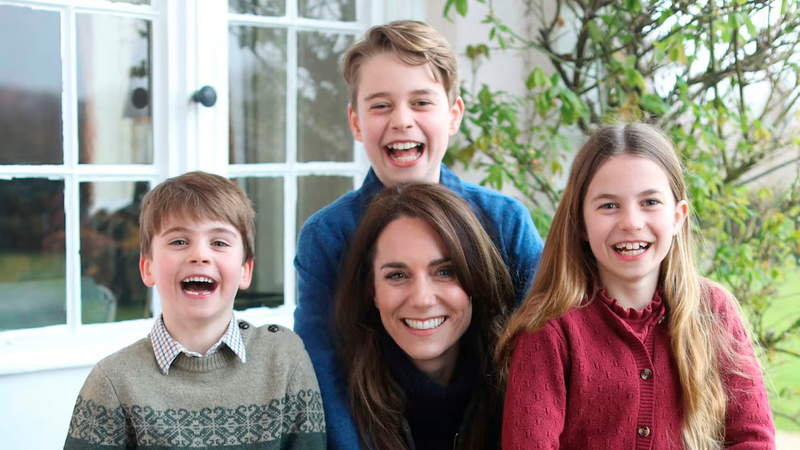We tried to avoid this, we really did. But it’s gotten to the point that it can’t be ignored.
It’s time to talk about Kate Middleton.
Driving the news: A recently published video showing Kate Middleton (or Catherine, Princess of Wales, if you’re fancy) and Prince William shopping has done little to dissuade conspiracy theorists that she is dead, ill, or otherwise indisposed and replaced by a double.
- Middleton is part of a long line of rumours about celebs secretly being replaced, like Paul McCartney and Avril Lavigne, or cloned, like Jamie Foxx and, yes, Joe Biden.
Catch-up: The rumour mill started churning after the internet realized Middleton had not made a public appearance since Christmas, following a mysterious abdominal surgery.
- An official family photo posted earlier this month meant to dissuade further rumour-mongering, did just the opposite after it turned out to be noticeably edited.
- There were also new rumours floating around about an “imminent announcement” regarding Middleton and her health that turned out to be completely bogus.
Why it matters: The internet has always been a conspiracy haven, but the Kate Middleton situation goes to show that generative AI has truly and completely eroded people’s ability to trust what we see online — pretty incredible, considering trust levels were already so low.
- This problem is exacerbated by a dependence on social media platforms that use algorithms to force-feed users an unending stream of (mostly unfiltered) content.
Big picture: We’re about to see far more consequential conspiracy theories break loose in the coming months. Over 50 countries are holding or have held elections this year — including *gulp* the U.S. — and AI has already turbo-charged misinfo with images, videos, and deepfakes.—QH
